How to talk with your kids about trauma of school shootings
APALACHEE SHOOTING | LATEST COVERAGE:
- Ga. school shooting suspect, dad appear in court
- Local moms push for change after deadly Ga. school shooting
- Apalachee shooting stirs debate about safe storage laws for guns
- ‘I was lucky’: Apalachee High shooting victim speaks out
WINDER, Ga. - Mass shootings have effects on communities that are felt long after the day’s tragedy.
School shootings in particular can have physical, emotional and behavioral effects on kids — even if the shooting occurred on the other side of the country.
Exposure to school shootings, even if indirectly, is shown to disrupt people’s sense of safety and stability, said Sonali Rajan, professor at Columbia University, who studies firearm-related harms on children.
Even outgunned, Apalachee officers stopped school shooter
The accused Apalachee High School shooter used an AR-15 style semi-automatic rifle, according to police, but the school resource officers had only handguns.
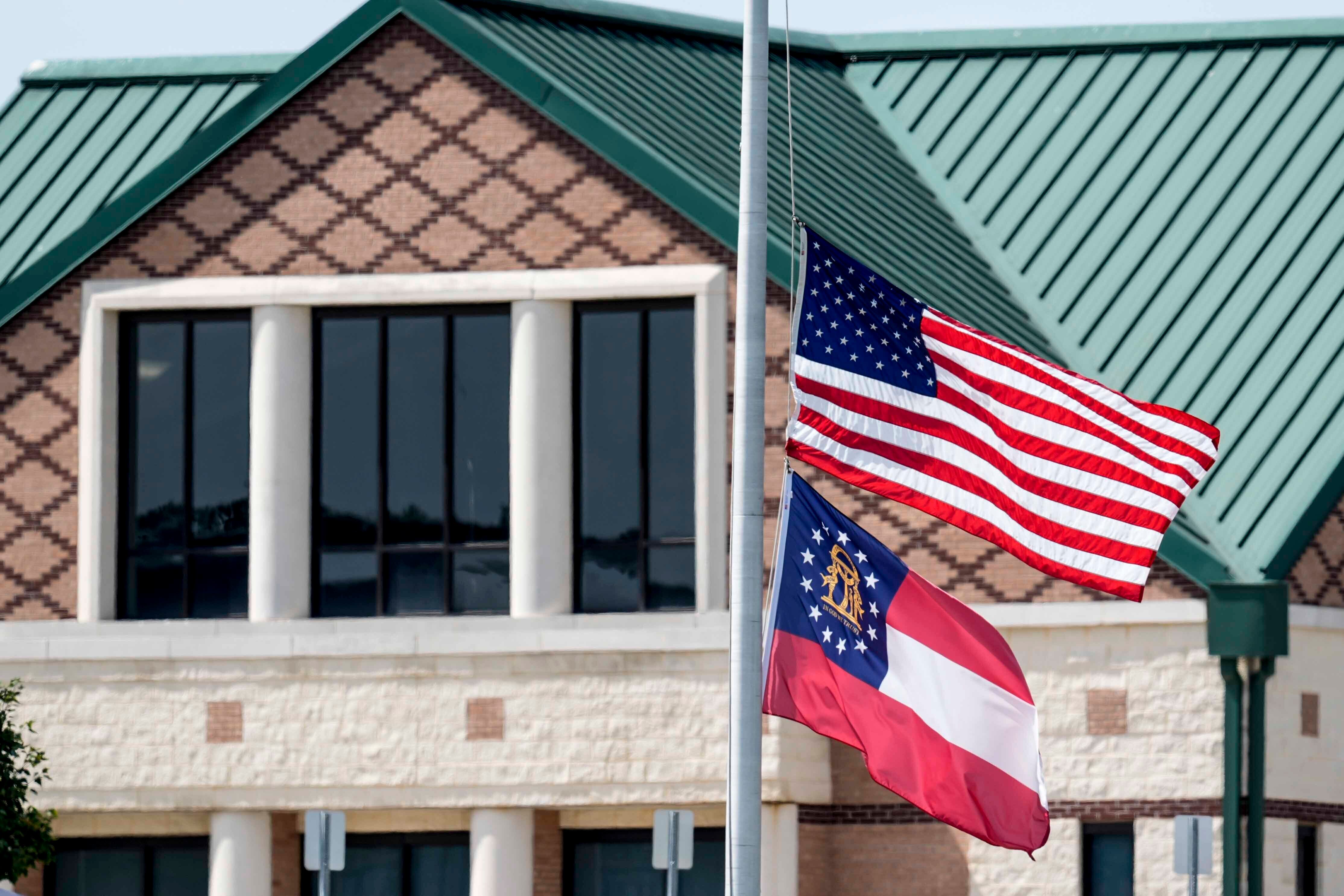
Talking about it can help.
Parents aren’t alone in this task. Many health experts, including psychologists and grief counselors, remind people there are resources to students’ mental and emotional health as they grieve and process.
Here’s how they say families should address traumatic experiences with their kids.
Don’t avoid the conversation
It takes time to process emotions, regardless of age, so adults should start by taking care of themselves. That said, experts encourage parents to have conversations with their children and not avoid the topic, if kids indicate a willingness to talk about it.
“If they are not hearing about it from you as their parent, they will hear about it from their friends at school,” says Emilie Ney, director of professional development at the National Association of School Psychologists.
What we know about the victims of Apalachee High shooting
Friends and family the baby brother, inquisitive boy, church volunteer and hard-working coach gunned down in Winder, Ga.
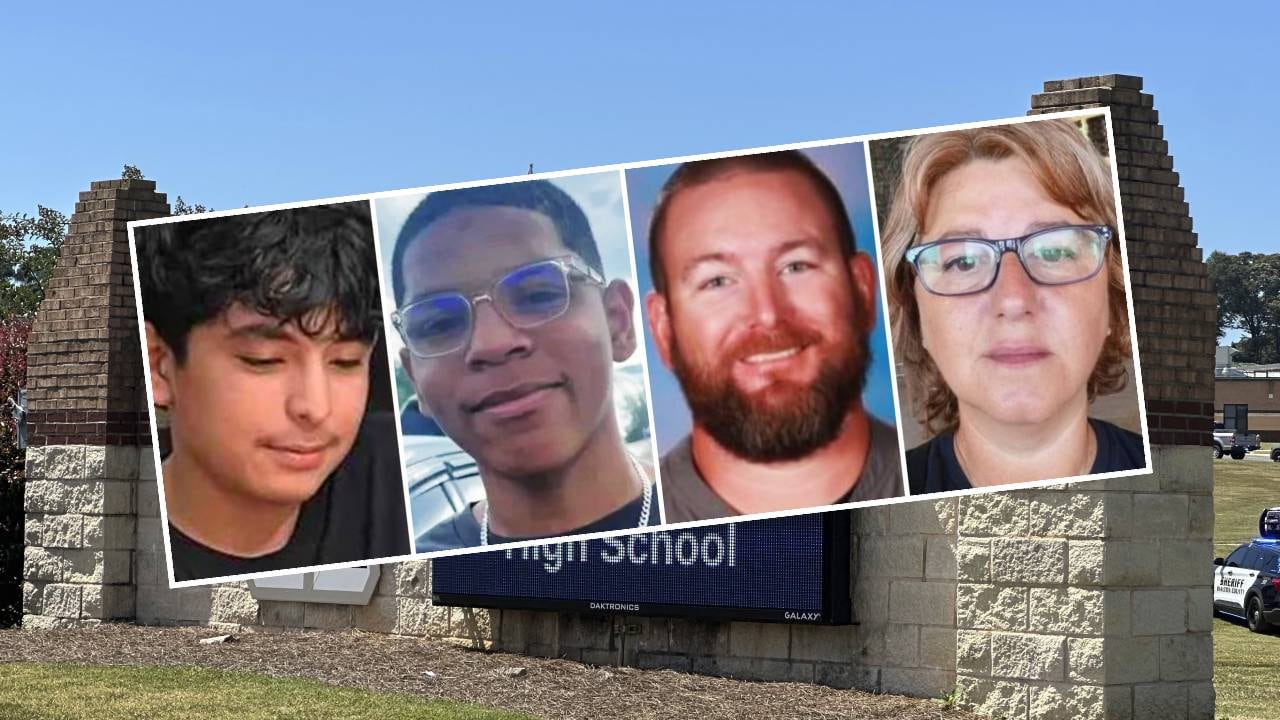
It’s OK for caregivers to say they don’t have all the answers and not force the conversation, according to guidance from the National Child Traumatic Stress Network. Being available and patient is key.
This isn’t just a job for parents and guardians. All adults should to be available for the kids in their life. After all, not all children have trusted adults they can speak with, said Crystal Garrant, chief program officer at Sandy Hook Promise, a nonprofit group that works to prevent suicides and mass shootings.
For instance, she said, adults who work in before-school or after-school programs should ask the kids in their care open-ended questions, do community-building activities or provide kids with other opportunities to share openly. They may not have the opportunity to do so otherwise.
Tailor the talk to the child’s age
How much children are able to understand a situation will depend on their age and development, Ney said.
“There is no specific age target for these conversations,” said Garrant, who has a 9-year-old daughter. “But make sure that younger children understand the word that you’re using. When we say safety, what does it mean to feel safe? How does it feel in your body? What does it sound like when you’re not safe?”
Local moms push for change after deadly Ga. school shooting
The deadly shooting is hitting very close to home for some here in Augusta. No matter where you are located, this is something that weighs heavy for every parent.
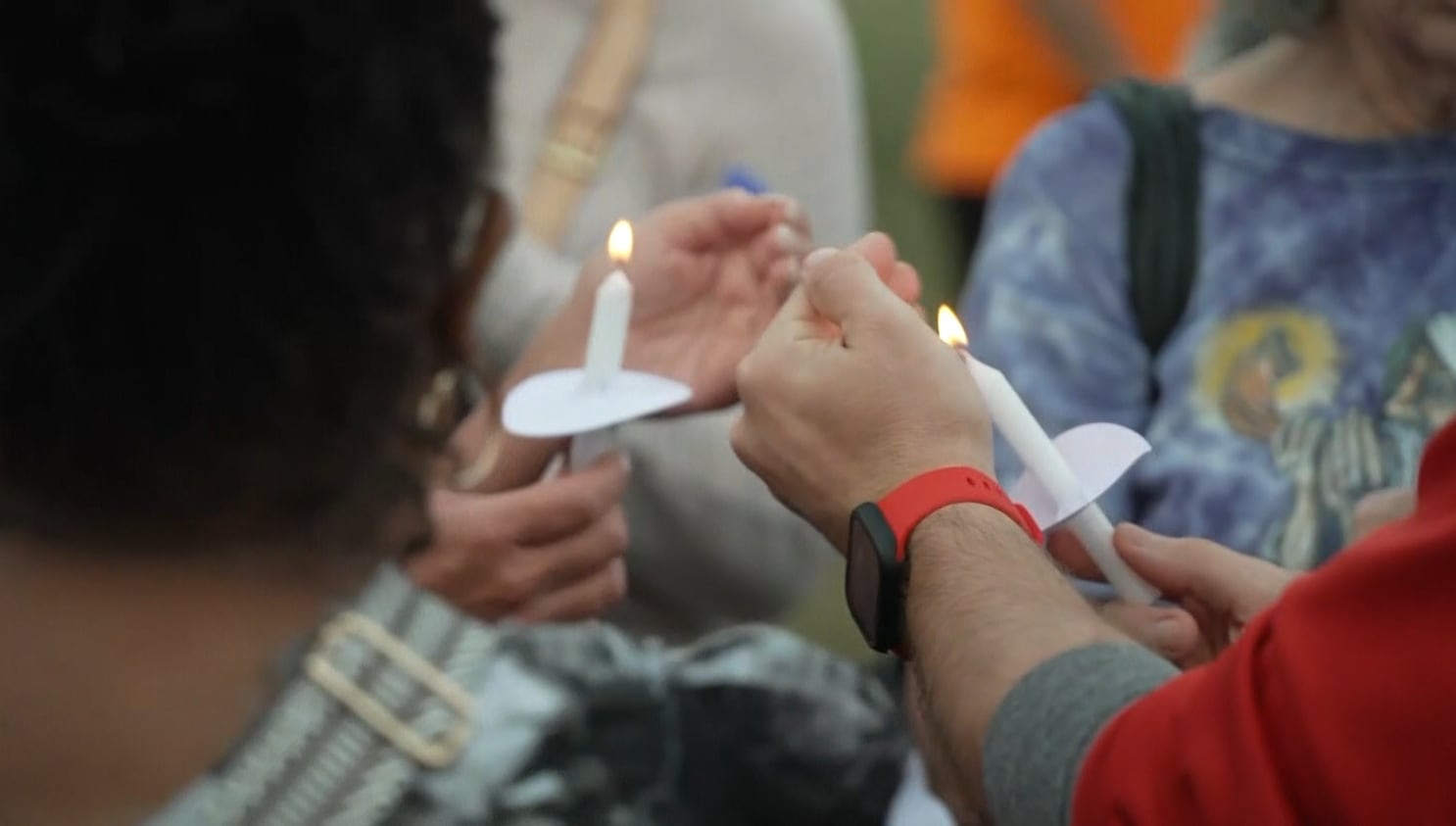
Some children may have emotional and behavioral responses to traumatic events, such as anxiety, nightmares or difficulty concentrating.
Younger children need simple information and reassurances their schools and homes are safe, guidance from the National Association of School Psychologists notes. Older children have a deeper capacity for understanding and could benefit from hearing about what agency they might have to keep themselves safe.
Validate big feelings about school shootings
Recognizing, acknowledging and validating children’s emotions are key, said Beverly Warnock, executive director of the National Organization of Parents of Murdered Children based in Cincinnati.
“You need to get those feelings out and be honest,” she said. “Don’t try to squash the feelings or not talk about it. It’s something that will be with you for the rest of your life.”
The process of navigating emotions after a shooting can be confusing and frustrating for people, Ney said.
Meet the lifesaving school resource officers of Apalachee High
Hundreds of law enforcement officers swarmed Apalachee High School after a deadly shooting. But two officers played a special role: They caught the shooter.
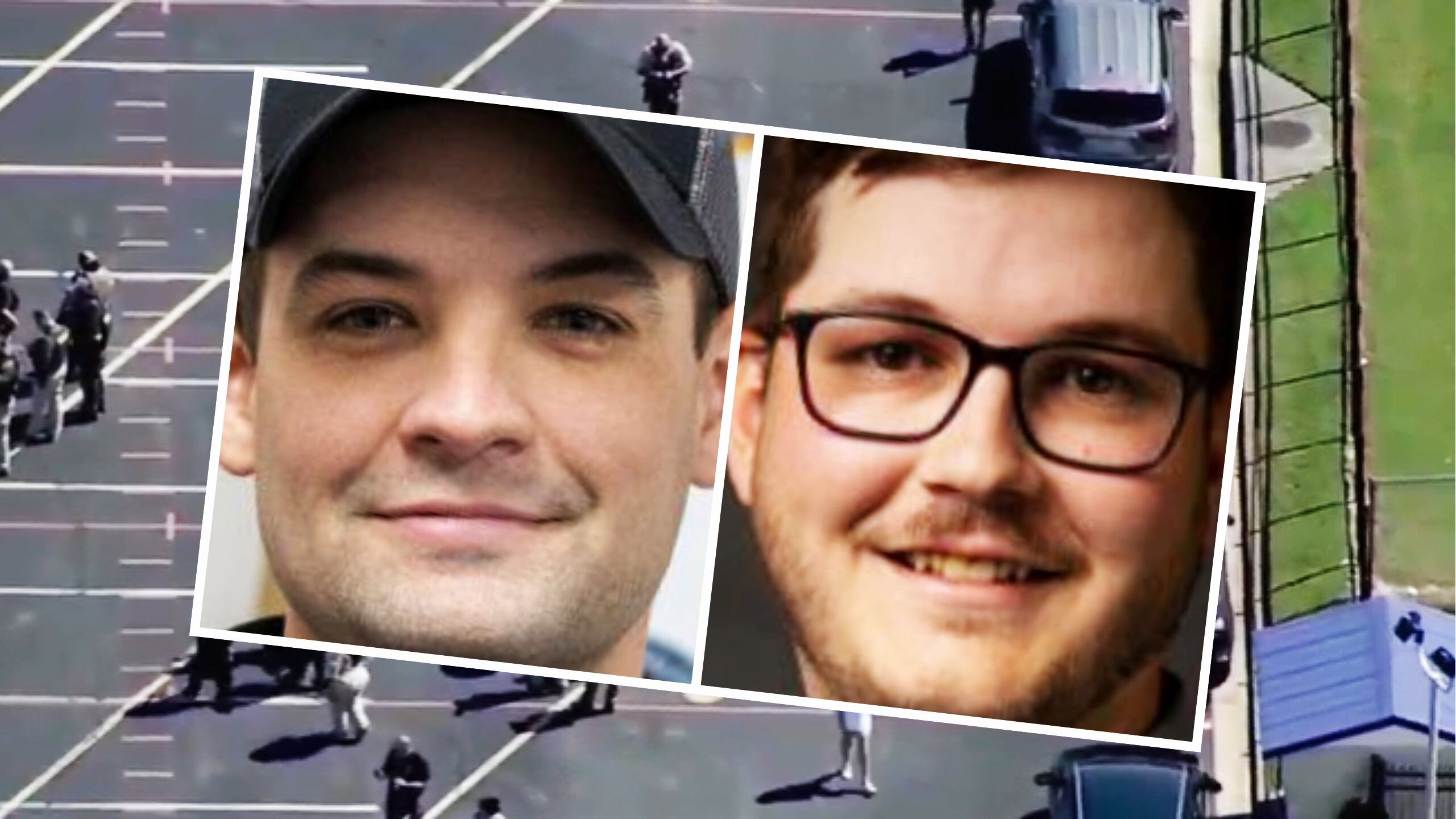
“The stages of grief are not necessarily sequential. People may go in and out of the various different phases, and it may be that it doesn’t really hit someone until a week later,” Ney said.
Psychologists hope to reassure people their feelings are normal and they don’t have to pretend they are unaffected.
“Even if you didn’t know anyone involved, even if they were very far away from you, it is okay to grieve,” Ney said. “It shows that you care about others.”
After acknowledging the emotional response, Warnock said, there is comfort in knowing life goes on.
“You will find a coping skill, and you will be able to enjoy life again,” she said. “You may not feel that way now, but it does happen. It’s just going to take some time.”
PROTECTING YOUR KIDS:
Safety takes more than metal detectors, local school board chief says
A year after a shooting injured a Josey student, Richmond County schools still don't have metal detectors. Neither did Apalachee High School.
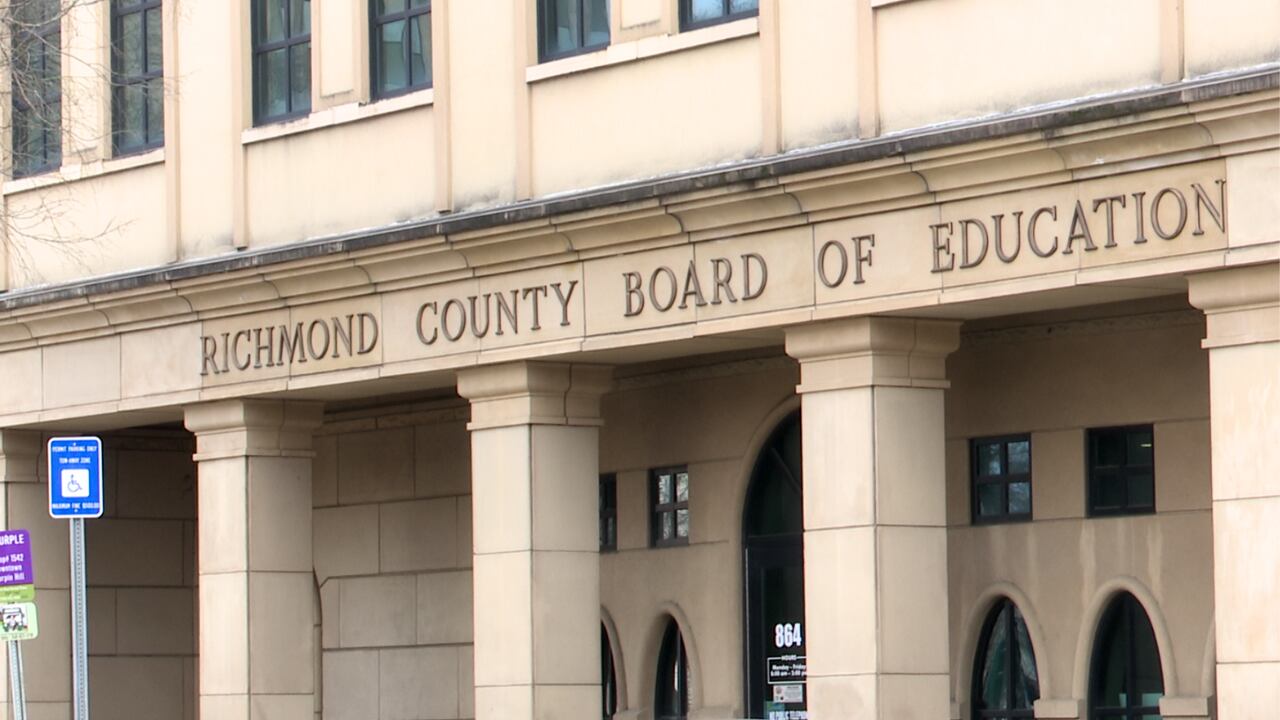
How to see if your child’s school is up to date on safety drills
If you’re concerned about your child’s safety at school, there is a resource for you to find out what kinds of drills are being done on campus.
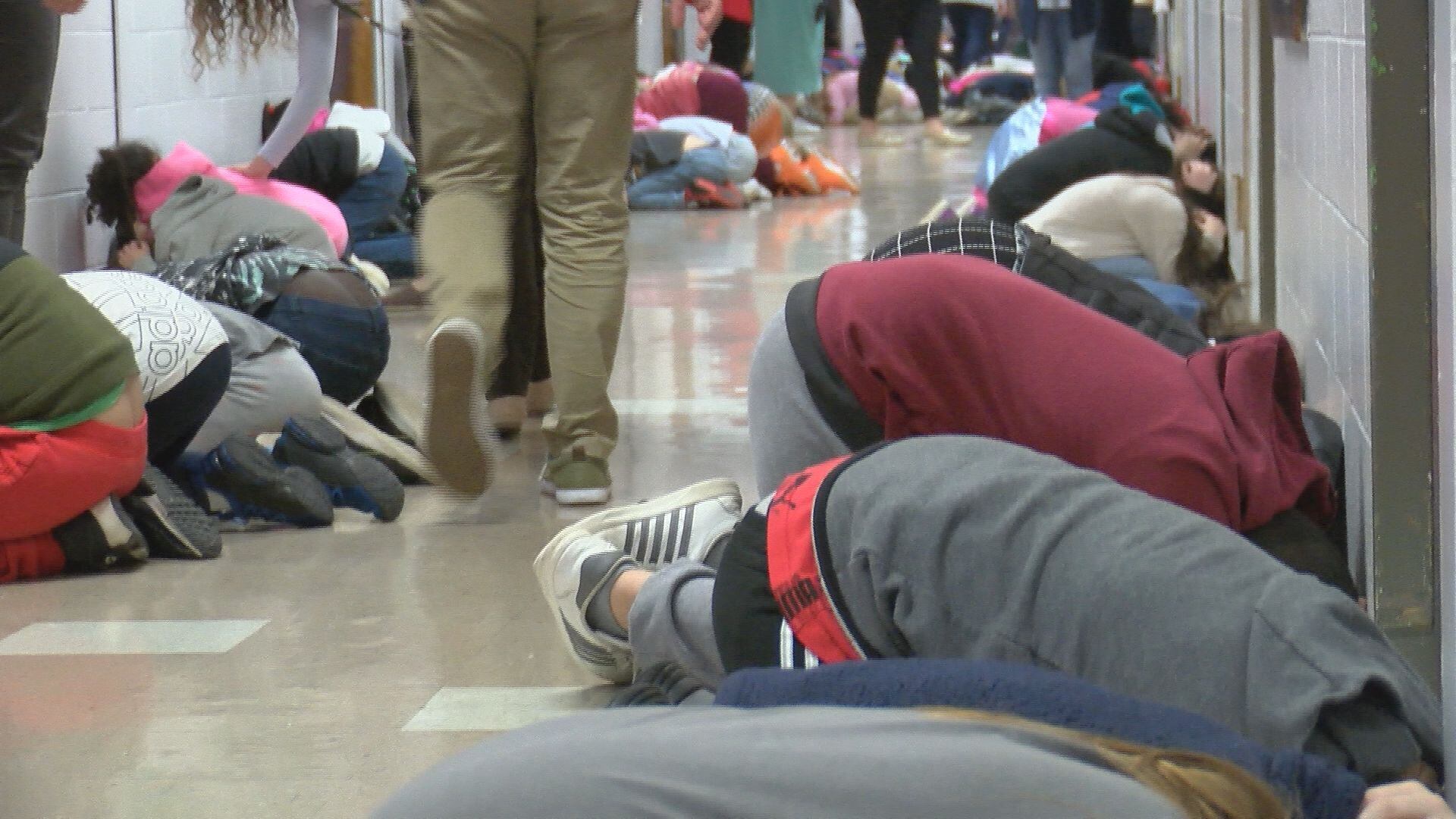
What are some of the best safety options for school districts?
Wednesday’s deadly shooting in Barrow County has all of us thinking more about school security. So, what are the security options for school districts?
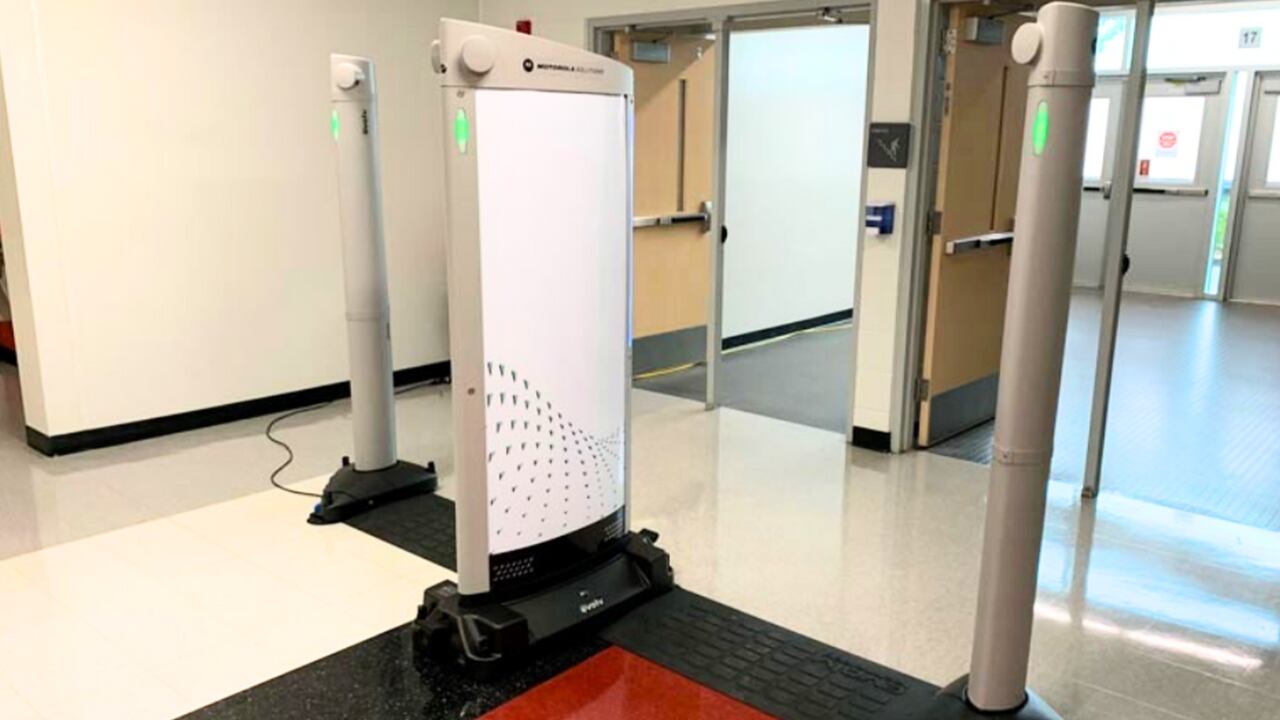
This device saved many Apalachee teens – and it could save your kids
Several of our school districts are now using panic alert systems. Richmond, Columbia and McDuffie counties all have a similar system in place.
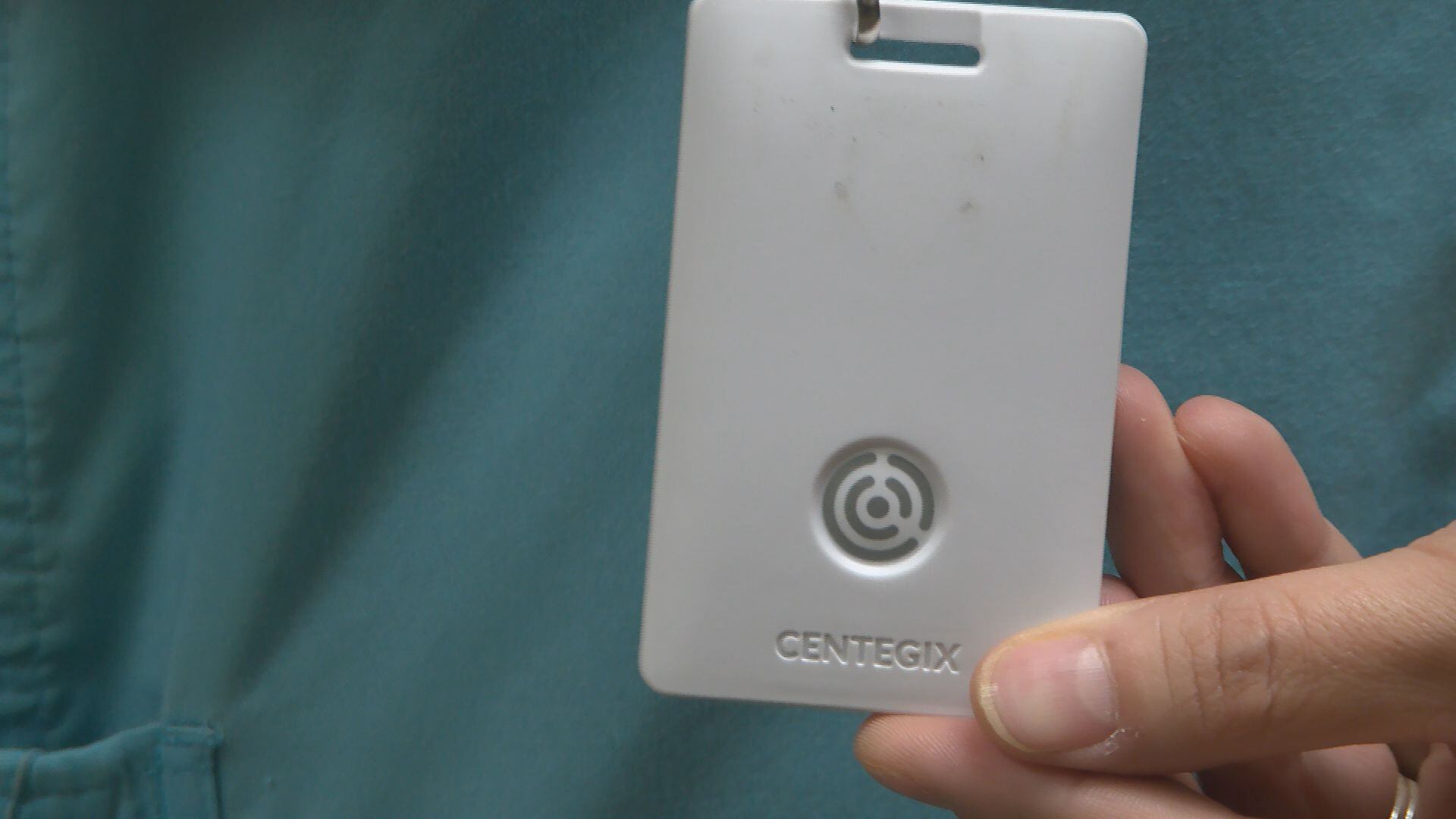
The American School Counselor Association has compiled this list of resources, information and guides for helping children, families, schools and communities in the aftermath of what Georgia Gov. Brian Kemp called, “everybody’s worst nightmare.”
American School Counselor Association
- The School Counselor and Prevention of School-Related Gun Violence
- Counseling Kids in Crisis
- Infusing a Caring Climate in Your School
- ing Students After Crisis and Loss
- Common Crisis
- Armed Assailant Drills
- Resilience in the Aftermath
- Student Threat Assessment
- Plans, Processes and Procedures
- School Shootings and Counselor Leadership: Four Lessons from the Field
- Perceptions of School Counselors Surviving a School Shooting
National Center for School Crisis and Bereavement
- Guidelines for Responding to the Death of a Student or School Staff
- Talking to Children About School Shootings
National Education Association
National Association of School Psychologists
National Association of School Boards of Education
Kid Peace
American Psychological Association
- Managing Traumatic Stress
- Building Your Resilience
- Managing Your Distress in the Aftermath of a Shooting
- Helping Your Child Manage Distress in the Aftermath of a Shooting
Coalition to Grieving Students
U.S. Department of Education
- Tips for Helping Students Recovering From Traumatic Events
- Readiness and Emergency Management for Schools Technical Assistance Center
- Practical Information on Crisis Planning: A Guide for Schools and Communities
National Association of School Psychologists
National Center for PTSD
The Child Mind Institute
Substance Abuse and Mental Health Services istration
Save the Children
American Academy of Child & Adolescent Psychiatry
- Talking to Children about Community Violence
- National Child Traumatic Stress Network
- The National Center for Post Traumatic Stress Disorder
- The Office for Victims of Crime
MORE: Local blood bank helps out after deadly school shooting
When news broke of the deadly school shooting in Barrow County, Shepeard Blood Center jumped into action sending lifesaving blood and platelet products to various hospitals treating some of the victims.
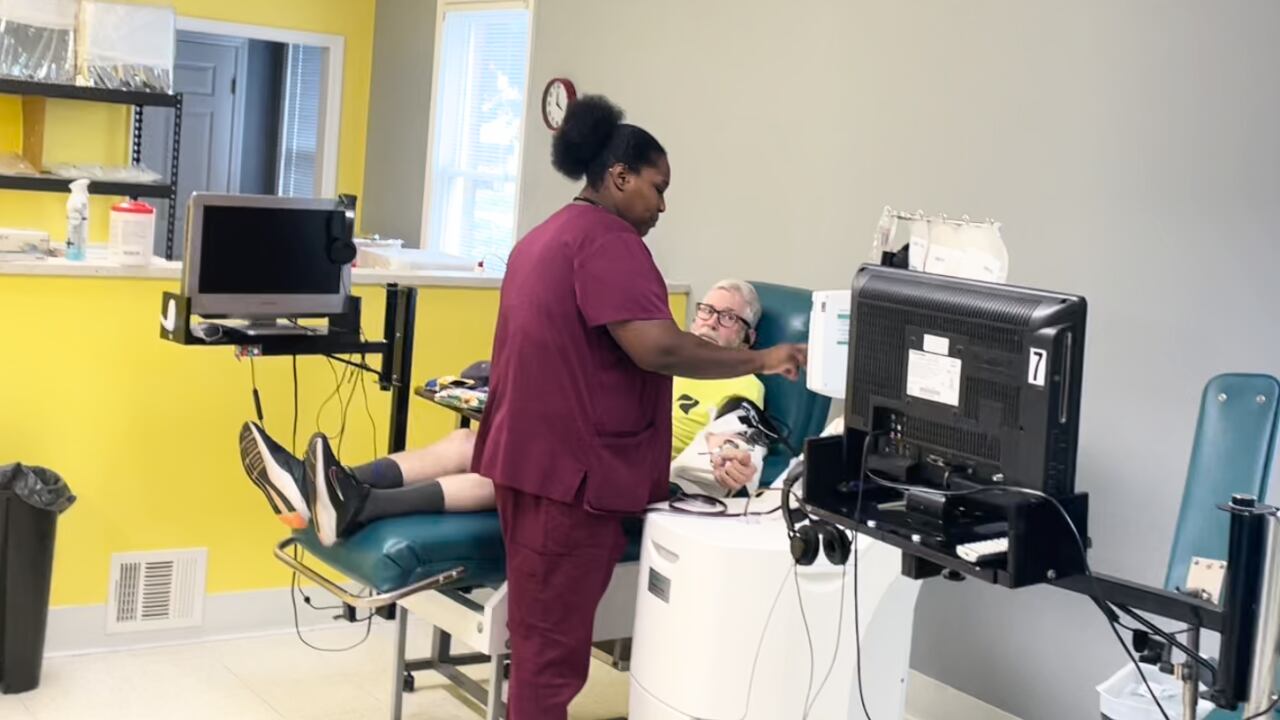
MORE: Apalachee High School s long list of school shootings
Apalachee High School is in Barrow County about 40 miles north of Atlanta, with about 1,900 students and a staff of more than 150. It’s also the site of the nation’s latest deadly school shooting.

MORE: Active shooter drills are mandatory in Georgia schools
A new law requires annual active shooter drills at schools in Georgia, and that may have played a role in authorities’ response to Wednesday’s shooting at Apalachee High School in Barrow County.
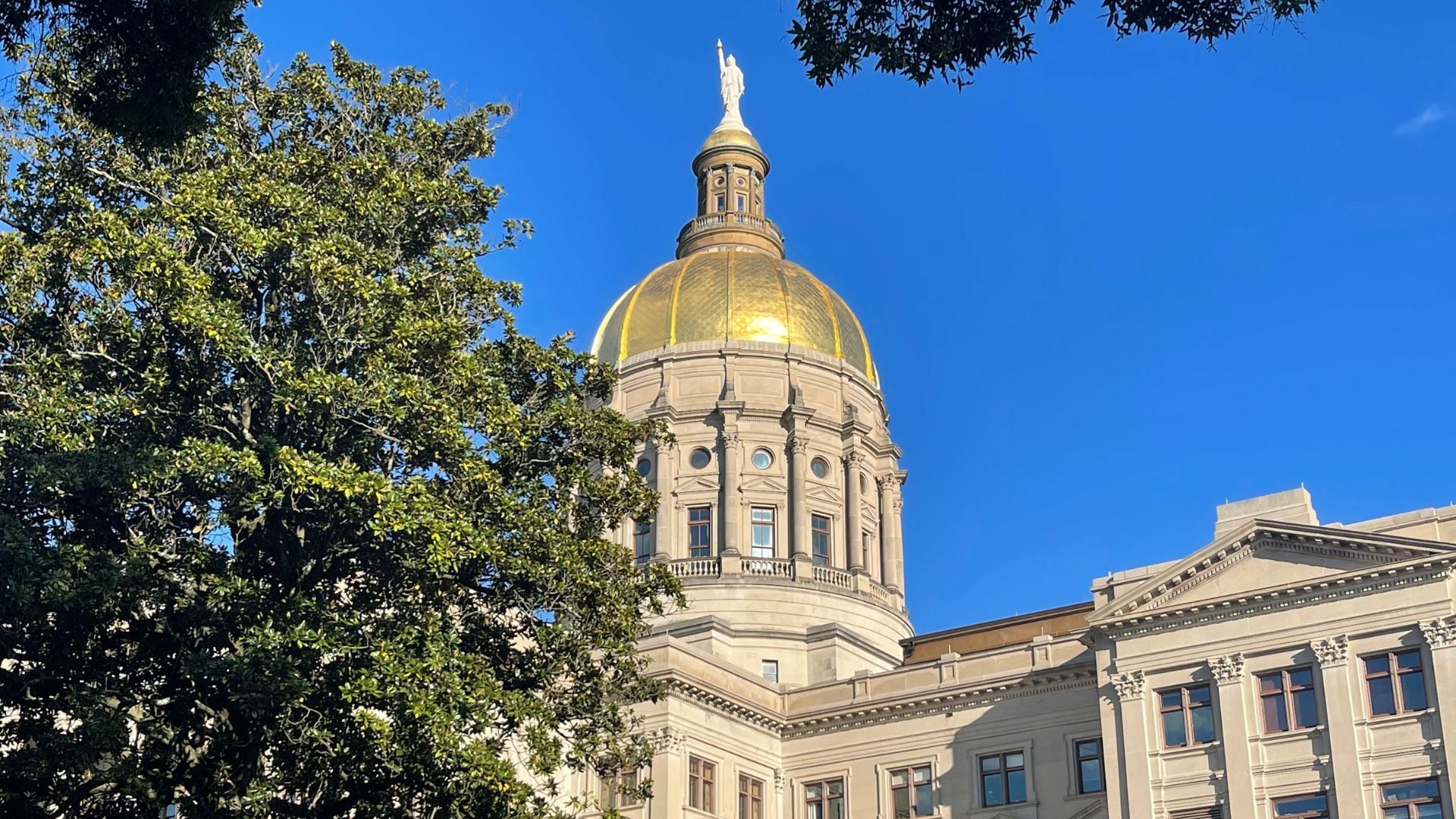
By the numbers
The Gun Violence Archive said that in Georgia schools since 2022, there have been:
- 97 gun incidents
- Five gun fatalities
- 17 gun injuries
- 72 arrests for gun incidents
Copyright 2024 WRDW/WAGT. All rights reserved.















